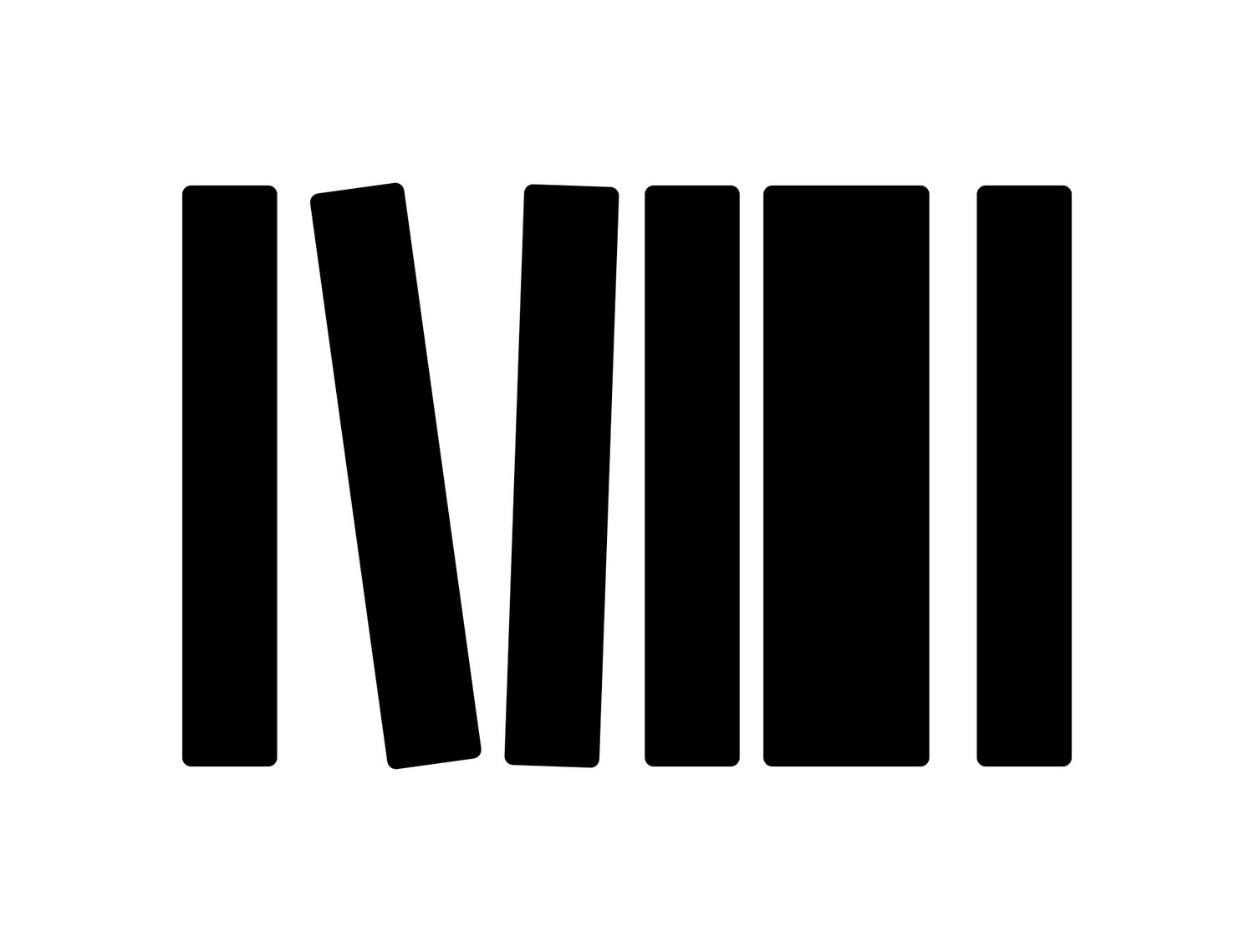Orhan Pamuk. Photo licensed through Wikimedia Commons.
BY BEENISH AHMED
“It’s a sort of an everyman epic,” Orhan Pamuk said of A Strangeness In My Mind, his latest novel. The Nobel Prize-winning novelist said at an event put on by Politics and Prose, a Washington, DC-based bookstore.
In conversation with Elliot Ackerman, author of the novel Green On Blue, Pamuk described his aim to offer importance to the life of his protagonist who experiences the highs and lows of life’s fortunes -- even though he is confined to the lowest tiers of society.
“The whole project was to write about a lower-class street vendor and expounding, enlarging, exploring his full humanity in such a way that it could be read for 600 pages,” he said. The venture is in line with Pamuk’s views about role of the novelist -- or indeed, any “good citizen” -- is to be a purveyor of empathy. In his own terms:
The duty of the novelist is, if ever there is a duty, I don’t think there is a duty. We feel moral because we are good citizens. The duty of the good citizen, if he or she is a novelist, is to identify with people who are not like us. Humanity has one strength which no one has and that is that we can feel the feelings, pain, jealousy, love, failure, happiness of others and identify or even see the world through their eyes. In fact, that’s why we read novels. We read novels because we want to see the world through others’ experiences, other beings, other eyes, other cultures -- see how the world is seen from other points of view. That’s why we write novels.
Although he refuted the characterization of his work as “nostalgic,” the Istanbul-native said he believes “nostalgia is a good critical feeling” -- not only one of unquestioning longing for the past.
“This novel does not suggest in anyway [to] go back to 1970s when they were building shantytowns so beautifully or the street vendors were working so hard but they were paid so little, that was great. [...] No, I’m no saying that,” Pamuk said.
He added that he feels a common bond with all of his city’s 16 million residents, even as his work has chronicled quieter times for the city where issues of public space and rampant development have been met with massive -- and at times violent -- public protests.
Addressing an audience at the Sixth and I Historic Synagogue just days after a general election in Turkey returned power to strongman president, Recep Tayyip Erdogan, Pamuk offered his take in response to a question from a middle-aged woman in the audience.
Here’s their exchange in full:
AUDIENCE MEMBER: Hi there. Thank you. You’ve been a very engaging speaker. I was in Turkey in May and staying in a tiny, little apartment near the Grand Tower and befriended the concierge and she was really helpful with taking me to go to the pharmacist, and this and that. And before I left, she gave me her copy of The Museum of Innocence. She wanted me to read it [and said] ‘He’s the most famous author from Turkey, and this is my favorite of his books.’ And I said ‘That’s very sweet.’ Do you mind if I ask you a political question because it was just before the elections then --
ORHAN PAMUK: But you read the book but didn’t come to the Museum?
AUDIENCE MEMBER: No, I read it when I got home! So I followed the elections the first time around and the recent ones last week or whatever. Can you talk a little about if you’re worried about -- Everybody I met there said that they felt like about 60 percent of the people are secular Muslims...
ORHAN PAMUK: “Maybe I’ll tell this: I am living in this country, Turkey, for the last 63 years. After the age of 17, 18, I was also like you, interested in politics like everyone else. And [on] all elections nights my reaction, my family’s reaction, was like you: ‘What bad election results! How are we gunna survive here?’ One thing: The liberal reaction to elections in Turkey was always like this and no one cares and you are unhappy with your solitary liberalism. I’m happy that this tendency has now spread to the United States. This is not the first Turkish election that made me unhappy. But let’s console ourselves. The previous election, all the liberals in Turkey were happy and then they were hoping for more and I was telling my friends, ‘This happens once in 40 years, don’t be that optimistic!’ What was surprising was that the polls misled us dramatically. Pre-election polls were saying entirely different [things] and that was a surprise, but on the other hand, it was not such a big surprise. For me, I know how to be patient. We should always demand free speech. Free speech is, in Turkey, in a horrible situation. Turkish journalists are beaten, or sent to jail. This is enough [to explain] the situation...I’ll tell you honestly, 20 years ago, what this party is doing, previous secular parties were also doing the same things. So in the long run, yes, let’s defend free speech, journalists’ rights, rights of the minorities, these are the things that I believe in. [No matter] whatever party gets in power should give us that. That’s all I can say.



